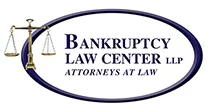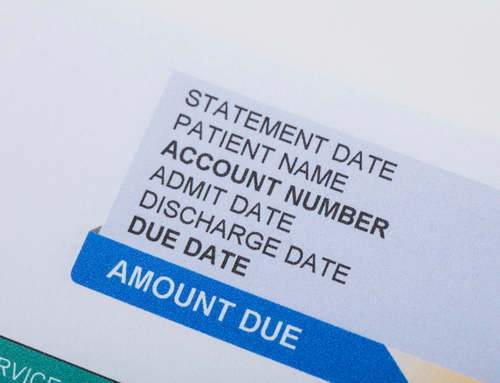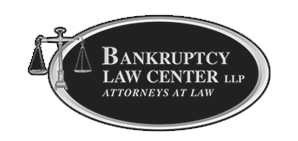Choosing to file for bankruptcy is a big decision. Generally, individuals may file either a Chapter 7 bankruptcy or a Chapter 13 reorganization bankruptcy. However, the one that’s best for you depends on your needs and situation. Milwaukee residents who are considering filing bankruptcy turn to The Bankruptcy Law Center experts. Our lawyers make the bankruptcy process as easy as possible.
If you do ultimately decide to file, your individual financial standing will determine which one you can pursue. Read on to learn about the differences between Chapter 7 and Chapter 13 bankruptcy.
 Each Chapters Goals & Outcomes
Each Chapters Goals & Outcomes
One key difference between Chapter 13 and Chapter 7 bankruptcy is how they go about relieving debt.
Chapter 7
This type of bankruptcy allows you to keep your house and car(s) while getting rid of your other debts. . Chapter 7 bankruptcy has income requirements to qualify. While filing a Chapter 7 bankruptcy may harm your credit score in the short run, in less than two years, most people have a higher credit score than they did before they filed.
Chapter 13
This type of bankruptcy is a debt restructuring option that can make it easier to manage your outstanding debts. Unlike Chapter 7, Chapter 13 is more suited for those who simply need more time and flexibility to catch up on missed payments. You will be allowed to keep your property and will be in a repayment plan based on your ability to repay.
Benefits That They Offer
Like most things, bankruptcy has its fair share of advantages and disadvantages. Let’s take a look at each bankruptcy chapter’s benefits and how they can help in the long run.
Chapter 7
One of the most significant benefits of Chapter 7 is that it allows debtors to quickly discharge most debts and get a fresh start. You won’t pay back creditors through a repayment plan. You will be able to protect and keep your property while getting rid of your other debts, such as credit cards and medical debt.
Chapter 13
One of the most significant benefits of Chapter 13 is that it offers individuals an opportunity to save their homes from foreclosure. By filing under this chapter, individuals can stop foreclosure proceedings and may cure delinquent mortgage payments over time. This chapter allows debtors to keep their property and catch up on missed mortgage, car, and priority tax debt payments.
How Long It Takes to Receive a Discharge
Another difference between these two types of bankruptcy is the amount it takes for a discharge to take place.
Chapter 7
Generally, Chapter 7 bankruptcy “discharges” or erases qualifying debts, such as credit card balances, medical bills, and personal loans typically three to four months after filing.
Chapter 13
A discharge occurs upon completion of all plan payments, usually three to five years. However, you are protected from creditor collection as soon as your case is filed. Any pending foreclosure or repossession proceeding will stop as soon as your case is filed, and you can start rebuilding your credit while in the chapter 13 repayment plan.
Eligibility Restrictions
The eligibility restrictions for Chapter 7 and Chapter 13 bankruptcy are also different. The main difference in eligibility comes down to your income.
Chapter 7
This bankruptcy option is available to both businesses and individuals. The vast majority of filers qualify for Chapter 7 after taking the means test, which analyzes income, expenses, and family size to determine whether you can reasonably be expected to repay your debts with your disposable income. If you don’t qualify for Chapter 7, you can consider Chapter 13 bankruptcy instead.
Chapter 13
Chapter 13 is only available to individuals. It’s the next best option if you don’t qualify for Chapter 7 but still need debt relief to lower credit card payments, stop litigation, and prevent wage garnishment. You will be required to have regular income and be current on tax filings. However, individuals cannot have more than $419,275 of unsecured debt or $1,257,850 of secured debt (as of 2021).
Learn More About the Differences Between Chapter 7 & Chapter 13 Bankruptcy
These are just a few of the differences between Chapter 7 and Chapter 13 bankruptcy. Both options can provide filers with a fresh financial start once the process is completed. To determine which option is best for you, consult with the bankruptcy experts at The Bankruptcy Law Center. An experienced bankruptcy lawyer is one of the best assets you can have on your side. We have offices located throughout Southeastern Wisconsin ready to provide a simple and effective solution to your financial problems.
Contact us today for a free case evaluation!

 Each Chapters Goals & Outcomes
Each Chapters Goals & Outcomes



